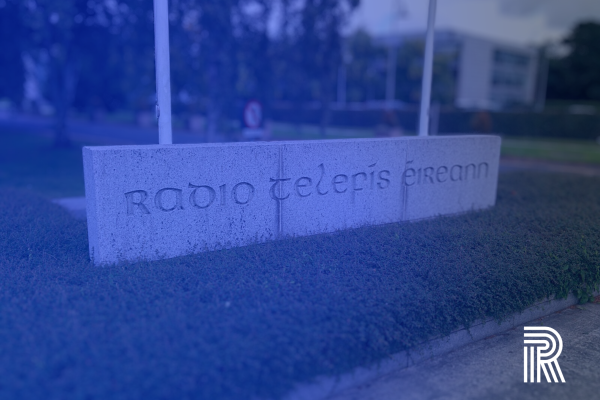
Wildfires in Greece: How a lack of clear messaging can be a fatal flaw in crisis communications
The current Greek wildfires shouldn’t present a reputation risk to Greek tourism, but how they’re communicated and relayed to the public, just might.
We know from experience that it is often not the crisis itself which causes irreparable damage, but how it is handled and communicated. This is something we are unfortunately bearing witness to at the moment, as it pertains to the wildfires in Rhodes and Corfu in particular.
A week on from when we first received news of the wildfires engulfing parts of the Greek island of Rhodes, and with wildfires now spreading across Corfu, hopeful Greek tourists are none the wiser on whose advice to heed. Mixed messaging between various EU country’s government officials, airlines and travel agents, has led to stress and confusion among tourists unsure as to whether they should abandon their dream holiday plans, or risk travelling over to a possibly precarious situation.
With several airlines, including Ryanair and British Airways still flying out to the country while TUI has cancelled all flights for the week and Greece's tourism minister, Olga Kefalogianni saying on Monday that people with bookings should not cancel their plans, there is little wonder that there is confusion from tourists. Because on the one hand, we are hearing reports of the country’s biggest evacuation effort and on the other, hearing that it is safe to travel with only 10-20% of the island affected, the crisis is attracting attention for all the wrong reasons, and not related to the wildfires themselves. Unfortunately, a lack of clarity and a spread of misinformation in the early days of the crisis that has seen many tourists cancel their plans while others still travel, could no doubt cause irreparable damage to Greek tourism in the years ahead.
So, what could have been done differently? Below we give our thoughts and advice on how a situation like this might have best been handled.
Assess the situation
In the early days of a crisis, even in a natural crisis, it is important to assemble a task force and assess the situation in as best a way as you can so that you have all the facts available to you. From the Greek government’s point of view in this case, they have a responsibility to engage not only with their immediate stakeholders but their wider stakeholders too in the form of governments in the EU and beyond, especially as there are visitors and tourists from multiple countries around the world involved as the crisis unfolds. The Greek government has the responsibility to act as the source of information as it comes through and make sure that the information is correct and filtered through adequately to the wider global community.
Send a message early on
Unfortunately, as it pertains to this instance, there was no immediate international message sent out to the global community which is how misinformation and inaccuracies were allowed to fester and spread. While the situation is ongoing and requires updated messaging daily, the Greek government in this case needed to share their position on the situation early on, to prevent media outlets and airlines filling in the blanks for them.
Some parties even took it upon themselves to communicate as the voice of authority in the situation. For example, on Monday, an EasyJet pilot told a flight of tourists from the UK travelling from Gatwick to Rhodes for their holidays, that travelling to the island at the moment was a 'terrible idea'. This led to a small number of passengers exiting the plane, while it took off with another larger group of passengers who were not swayed by the pilot’s words. Confusion can fester when there is not a direct message and line communicated by those actually in authority, as this message is the one most likely to be adhered to.
Use your resources
In the age of social media, when we can access information in real-time, 24/7 at the touch of a button, the government and those in authority, need to start utilising and taking advantage of these resources. Using social media to share information, means that your message can be shared and spread widely in real time, and there is little room for misinterpretation to gather.
We are also seeing more and more media turning online for their news updates, and it makes reporting easier for them when the information is first-hand, right in front of them. As was the case during Covid-19, when many would share information online that would be widely received, officials should continue to use this as a way to get their message across without it being misconstrued. Because it is in real-time too, it allows messages to be updated easily and helps travellers when deciding on their plans. For example, the official Twitter account of the Ministry of Climate Crisis & Civil Protection in Greece has been providing updates on the fires, however, a specific page on travel advice would be worthwhile.
As Greece comes to terms with the devastation caused by the wildfires over the next weeks and months, it’s important for other countries across Europe to take learnings and prepare their communications for the inevitable similar climate crises that will come their way in the coming months and years. By working together and sharing learnings and thoughts from these crises, countries can be better prepared for communicating globally when the worst happens and keep the spread of misinformation to a minimum.



